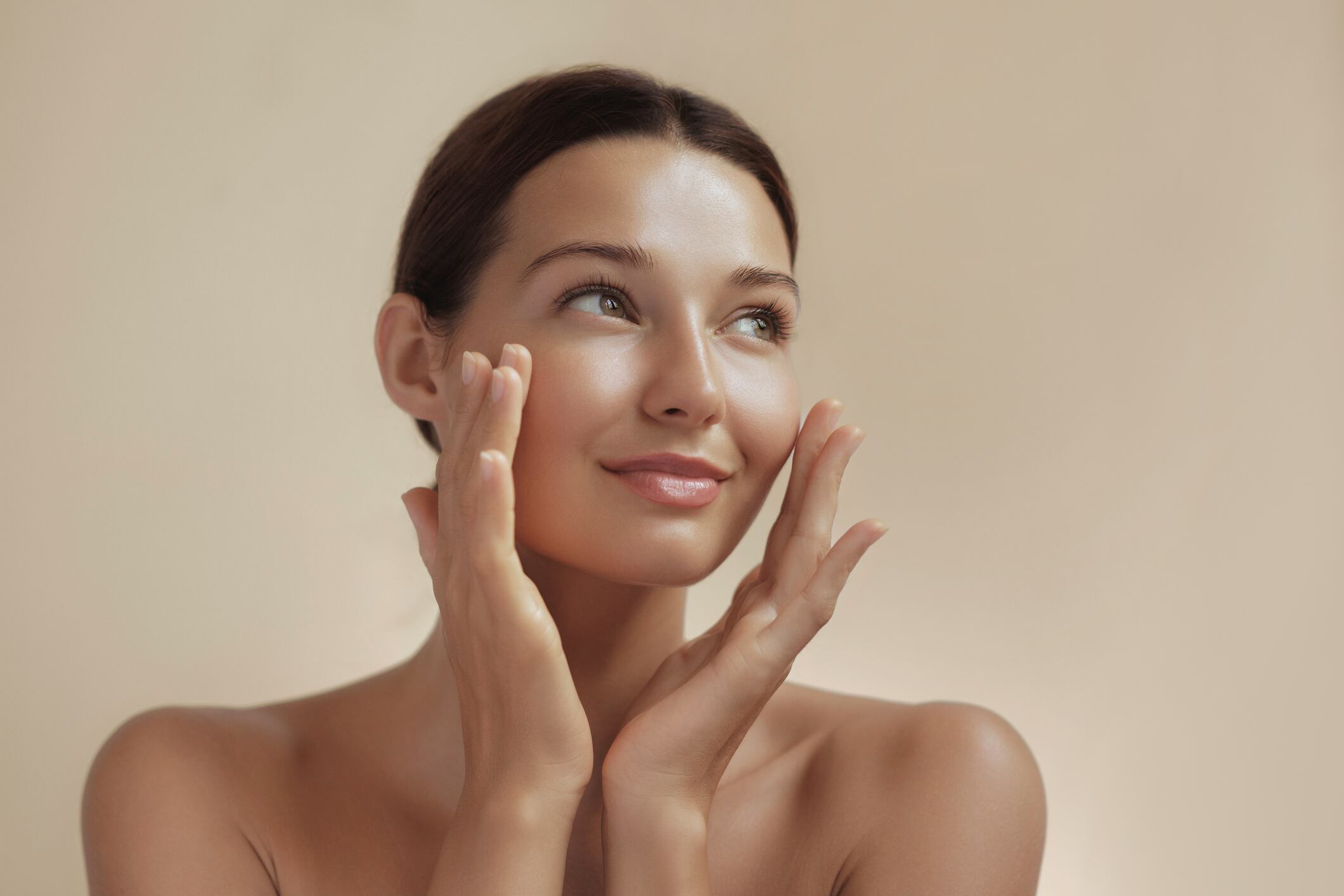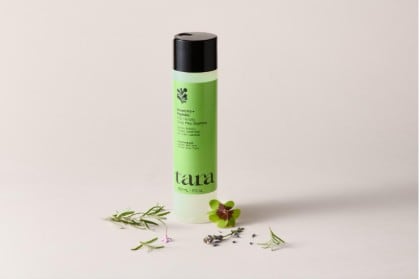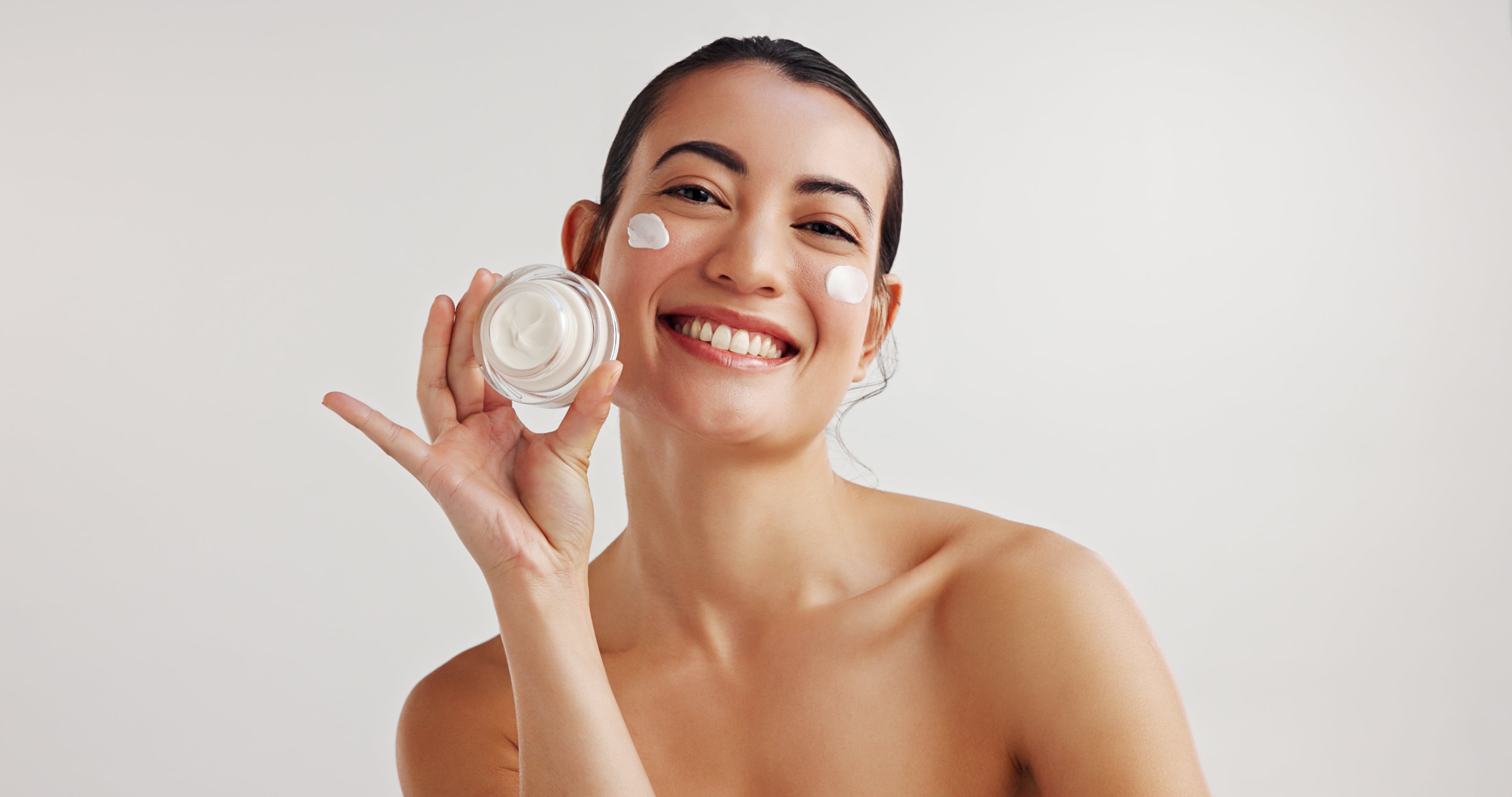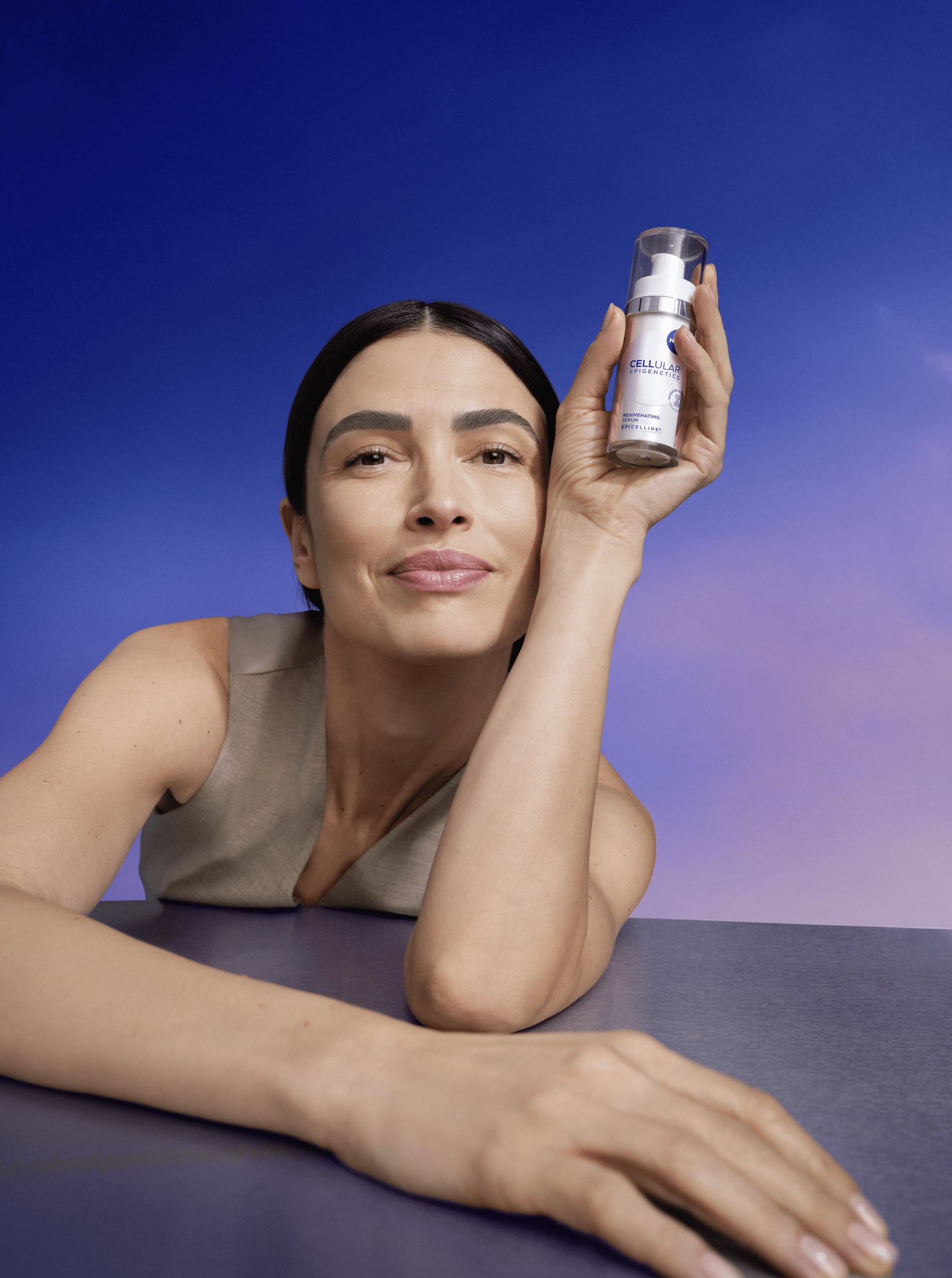Key findings from Kenvue and Kantar’s report revealed
- A shift towards viewing personal care as a tool for overall wellbeing, not just appearance.
- That trusted sources for personal care advice are not always the same as go-to sources.
- Most consumers plan to invest more time in personal care routines.
Personal care company Kenvue, which owns brands such as Neutrogena, Listerine and Aveeno, has collaborated with data and analytics company Kantar for its New View of Care report. For the global study, it surveyed 10,145 consumers across the United States, Canada, Brazil, Mexico, the United Kingdom, Germany, France, China, India and Japan to better understand attitudes and behaviours around personal care routines.
Science-backed simplicity: what today’s consumers want from personal care brands
The study showed that 88% of global consumers recognised that their personal care routines positively impact their health, which Kenvue said underscores “a shift toward viewing personal care as a tool for overall wellbeing rather than mere appearance.”
It also revealed that 73% of consumers spent less than 30 minutes a day on personal care but believed that consistency is transformative. Those who invested at least 15 minutes reported better health (45%) compared to those who didn’t (31%).
Younger generations, particularly Gen Z and millennials, are driving a shift towards prevention-focused care. Many said they wished they had started their routines earlier and recognised the value of daily habits for healthy ageing and long-term wellness.
As new brands emerge and consumers face increasing choice, one of the most poignant findings was that shoppers are seeking simplicity backed by science. This highlights the need for brands to provide clear education on product use, alongside clinical research to prove efficacy.

Social media influencers are not that trusted
One of the most interesting insights is that 62% of consumers said they trusted healthcare providers most for personal care advice, yet 80% also relied on digital platforms for information.
While only a third of Gen Z and millennials said they trusted social media influencers, many still followed them. According to Kenvue, this reveals “a gap between reach and credibility.”
“While social media trends often spotlight elaborate regimens, most consumers prefer simple, consistent, and science-backed approaches that deliver both physical and emotional benefits,” the company said.
“A New View of Care reflects what we’ve long known: everyday routines hold extraordinary power to benefit health and wellbeing,” said Russell Dyer, chief corporate affairs officer at Kenvue. “By understanding the barriers consumers face and the evolving influences shaping their care, we can make these moments of care more impactful for everyone.”
According to James Cummings, vp head of global consumer business insights at Kenvue, today’s consumers – especially younger generations – are redefining personal care as preventive care. “They are proactive about their health and demand science-backed solutions that align with their values. Simplicity and consistency are the most powerful tools we can offer them,” he said.

UK shoppers lead Europe in linking personal care to long-term health
When examining European attitudes to personal care, the report revealed that over half of British people (51%) believed their personal care routines had a significant impact on their health – nearly double the rate in Germany (27%) and notably higher than in France (36%). Among those aged 60–69, this belief was even stronger, with 67% maintaining routines specifically to stay healthy.
Additionally, 79% of UK consumers said they took care of their health to improve or maintain their appearance, compared to 66% in Germany and 72% in France.
UK consumers also use their personal care routines to actively manage current health concerns, including tiredness and low energy (64%), scalp issues (63%), and sleep problems (62%).
They hoped their routines would support men’s health (37%), maintain mental sharpness as they age (31%), and boost their immune system (26%).
There was also a strong crossover with broader health goals. These shoppers looked to their personal care routines to help prevent cardiovascular diseases (48%) and high blood pressure or cholesterol (37%).
The majority of Brits see their personal care routines as long-term investments, not just short-term fixes. For example:
88% say brushing teeth isn’t just for a whiter smile – it’s also for a healthy oral microbiome.
80% believe using mouthwash isn’t just about preventing bad breath – it also helps prevent or address plaque and gingivitis.
79% view using skincare products as an investment in preventing future signs of ageing.
78% agree that wearing sunscreen reduces the risk of skin cancer.






